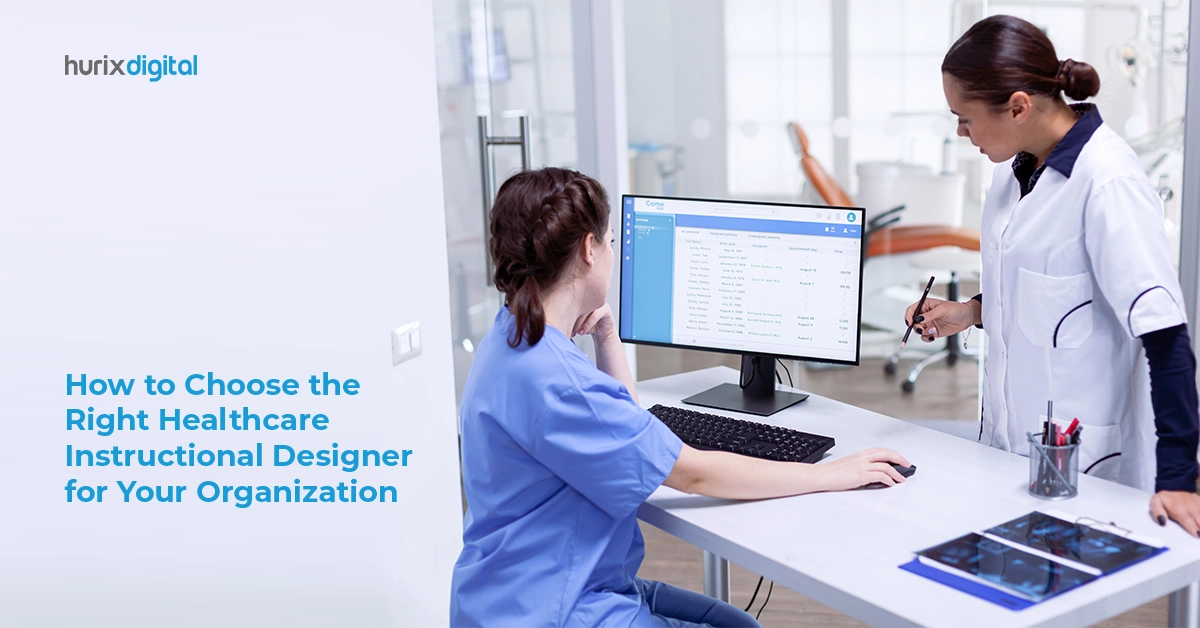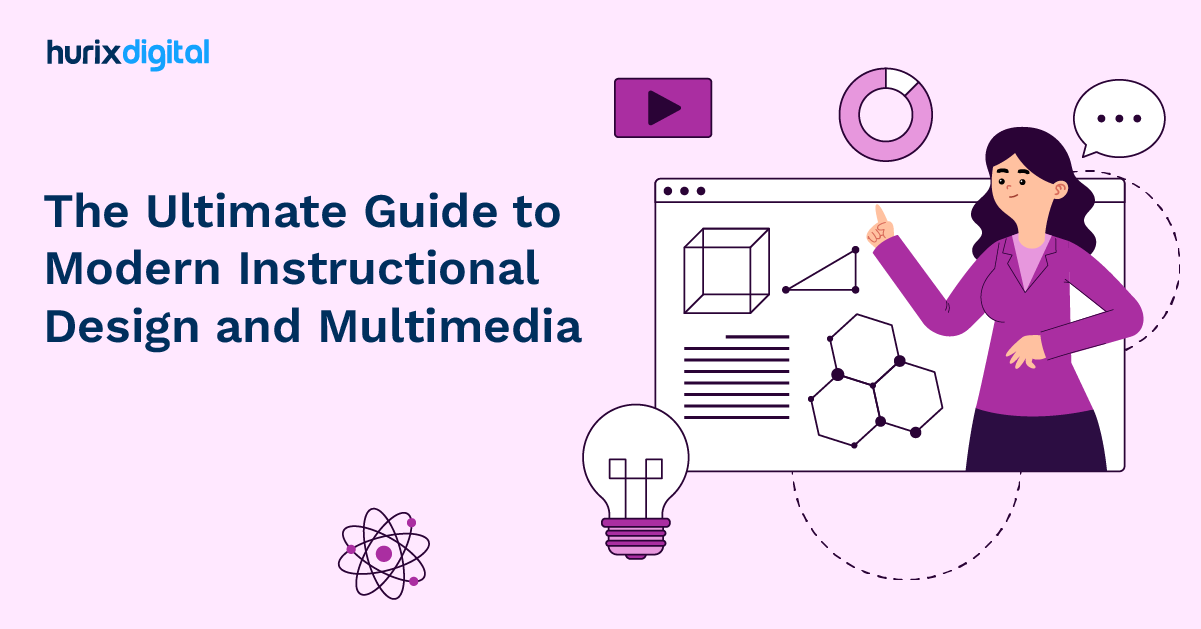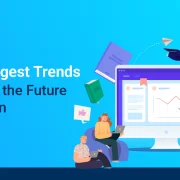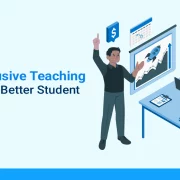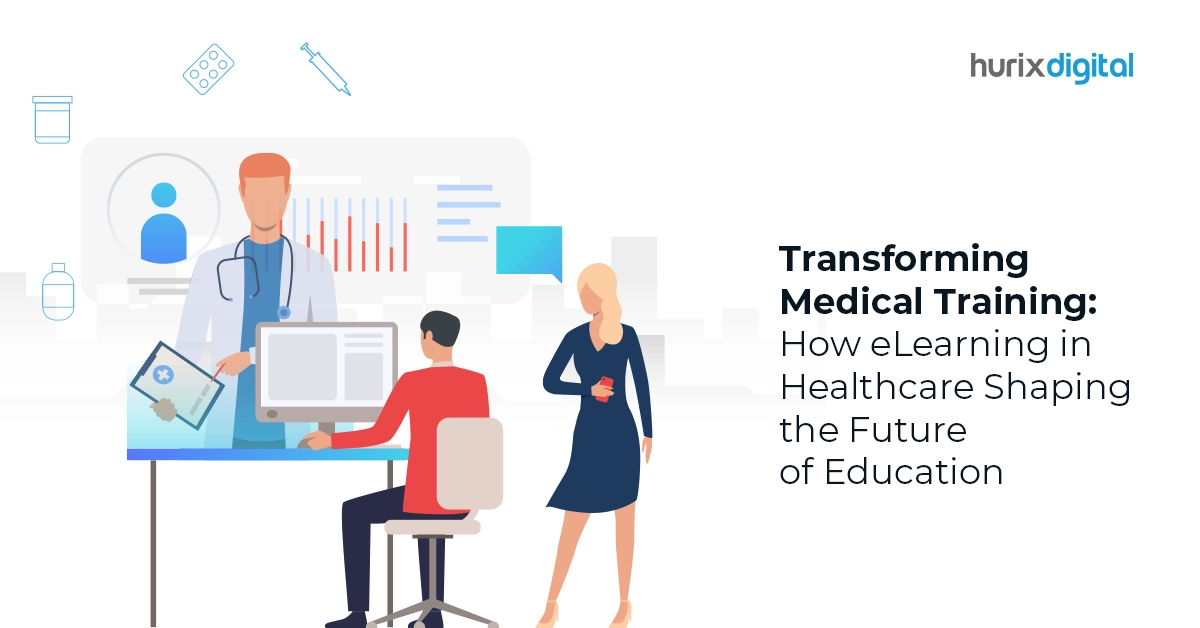
Transforming Medical Training: How eLearning in Healthcare Shaping the Future of Education
Summary
Exploring eLearning’s impact on healthcare education, this blog covers its benefits and future trends like blended learning and AI integration.
From innovative surgical treatment to 3D prosthetic printing, the healthcare industry is experiencing a profound transformation. However, traditional methodologies often fail to meet the sector’s (constantly) evolving demands.
So, is this a dead-end for healthcare education?
No!
As they say, “modern problems require modern solutions.” In this regard, eLearning in healthcare is emerging as a game-changer.
Online medical education has streamlined the training and onboarding, accelerating the learning curve. Incorporating healthcare eLearning platforms creates a conducive culture of constant improvement, keeping healthcare professionals at the forefront of the latest innovations.
Want to implement virtual healthcare training programs for your organization but have no idea where to start?
No worries! In this blog, we dissect various benefits of implementing eLearning in healthcare. In addition, we will discuss the trends shaping the future trends of online healthcare training.
Table of Contents:
- Why is eLearning in Healthcare a Need of the Hour?
- Advanced Healthcare eLearning Platforms: Why They are the Future?
- Conclusion
Why is eLearning in Healthcare a Need of the Hour?
The healthcare sector is dynamic – there are continuous breakthroughs in technology, treatment regulations, and protocols. Things become even more complex in case of an epidemic (COVID-19 memories are still fresh).
Conventional medical training models are not time-sensitive. They often struggle to keep pace with the rapidly changing healthcare industry. That’s where healthcare eLearning platforms save the day!
Advanced virtual medical training modules foster a learning culture for healthcare professionals and ensure the best quality patient care in the ever-changing landscape.
Let’s quickly scan through some of the reasons why adopting healthcare eLearning platforms is a must-have:
1. Narrowing the Gap between Knowing and Doing
Effective medical training has two-fold benefits. It is about acquiring skills and about empowering professionals to understand when and how to apply those skills.
For example, a medical student might learn about an incision by reading a book. However, that doesn’t mean they will know how to make precise incisions without learning applied science. With VR game-based learning, the learners can practice incisions, allowing them to convert the skills into muscle memory.
In a nutshell, integrating online healthcare courses effectively fills the gap between knowing and doing.
2. Flexible Learning Models
Healthcare professionals have a demanding schedule- there are no fixed working hours. Finding time for training with such stringent schedules can be difficult. Online healthcare courses offer the flexibility to learn at their convenience, allowing professionals to balance their learning schedules with work-life commitments.
Additionally, virtual medical training enhances accessibility. It lets the learners consume and grasp the information at their own pace. As a result, the students can effectively apply their knowledge in practice and deliver optimal healthcare services.
3. Scenario-Based and Simulation Learning
Medicine is an applied science. Scenario-based and simulation learning creates an environment that allows the students to implement skills in real-life situations. This elevates the students’ confidence as they are encouraged to apply learned skills to a realistic situation.
A major benefit of eLearning in healthcare is instant feedback. For example, with a quiz-based learning module, you get consistent and prompt feedback. This enables students to gauge their strengths and weaknesses. Moreover, online medical courses are highly interactive and let students gain first-hand experience reinforcing their skills.
4. Personalized Learning Models
From advanced diagnostic capabilities driven by technology to shifting patient demographics, virtual training offers flexible and innovative solutions. However, individual learners have varying levels of prior training and learning pace. eLearning in healthcare offers a personalized learning model that seamlessly accommodates these diverse educational needs.
A survey observed that 25% of students see potential and value in personalized learning approaches. Personalized learning can create customized training plans based on individuals’ learning pace, needs, skill level, and interests.
Also Read: 10 Benefits of Data Governance for Healthcare Companies
Advanced Healthcare eLearning Platforms: Why They are the Future?
In this era of rapid advancements in healthcare technology and changing healthcare demands, upskilling no longer remains a trend. It has become a necessity. With traditional classrooms becoming more dynamic and interactive, online healthcare courses are shaping the future of medical learning and development.
Here, we have listed down some common trends that are set to redefine virtual healthcare learning:
1. Blended Learning: Win-Win Situation for Healthcare Education
How cool would it be to bring the best of both worlds (traditional and online) to medical education?
That’s exactly where blended learning in healthcare comes into play. It integrates virtual healthcare training with traditional classroom methods. Moreover, it takes a balanced approach and brings the flexibility of healthcare eLearning platforms to in-person classroom training.
It benefits the healthcare sector, where combining theoretical information and practical skills is crucial to delivering the best medical services.
2. Artificial Intelligence: Creating an Interactive Experience
Artificial Intelligence has transformed the traditional classroom experience into a dynamic and interactive experience that caters to students’ changing requirements. AI and VR simulations simplify complex medical scenarios that enable students to practice what they have learned in a safe situation. This encourages critical thinking and problem-solving skills and helps students grasp the subject better.
3. Future-Focused: Adapting to Dynamic Healthcare Sector
With several breakthroughs in the medical field, healthcare continues to evolve. Thus, it’s important to be “future-focused”. Having agile online healthcare courses that can easily adapt to the changing technological and patient needs. eLearning in healthcare ensures the workforce is fully equipped with the knowledge and skills to deliver first-rate medical care.
Also Read: Designing Effective Application Training Programs for Healthcare Professionals
Conclusion
The global healthcare education market is expanding at jet speed. It is poised to reach $164.6 billion by 2028 at a CAGR of 8.6%, which has paved the way for eLearning in healthcare. As healthcare eLearning platforms have proven their capabilities, it’s vital to invest in robust, scalable, and customizable solutions.
If you are looking for ways to incorporate online medical courses, partner with Hurix Digital. With our customer-centric approach, we ensure the healthcare sector remains agile and competitive with robust healthcare education technology. From simulated learning experiences to AI-powered learning management systems, we help you get the most out of eLearning solutions.
Still have queries about eLearning in healthcare? Connect with us today.

Senior Vice President – Business Development
Over 25 years of experience in the edtech and workforce learning industry with strong skills in Business Development, Customer Relationship Management (CRM) and Strategy.

